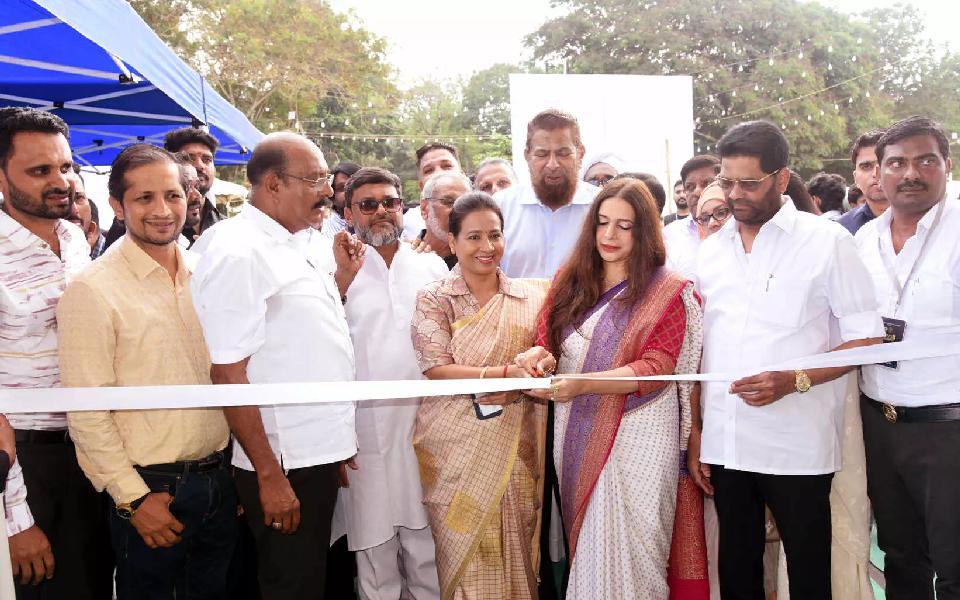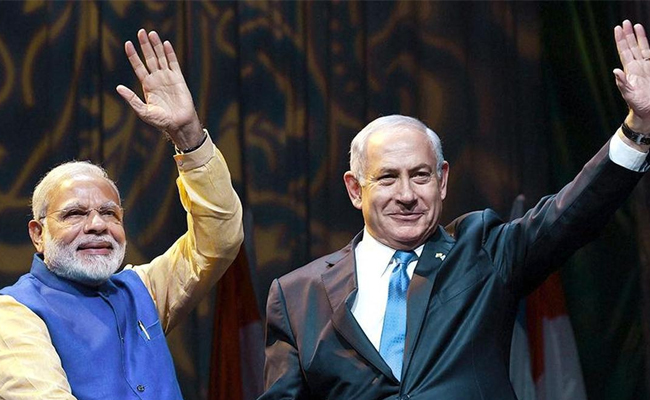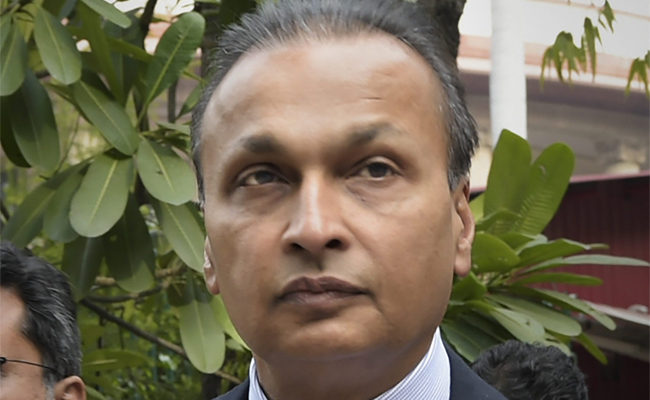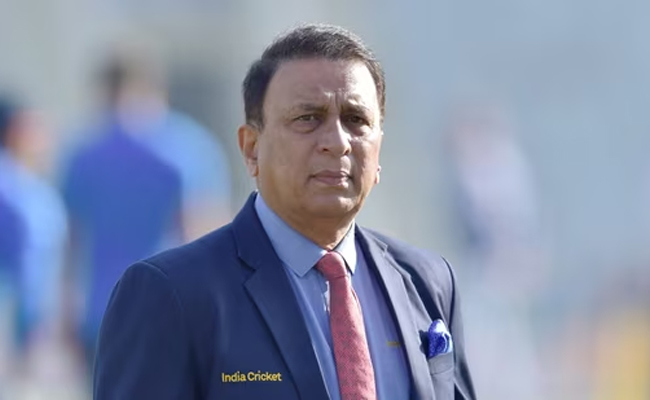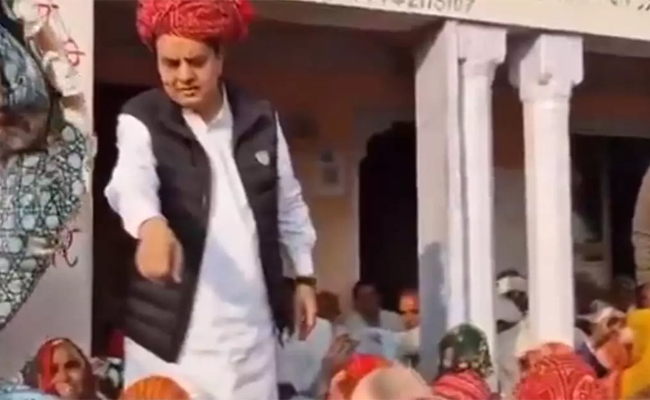Mangaluru: The two-day ‘Beary’s Festival 2025’ was inaugurated by Skill Development Corporation President Kantha Nayak at the Karavali Utsava ground by the Karnataka Bearys Social and Cultural Forum on Saturday.

The festival includes a job fest which has attracted more than national and international 100 companies and more than 5,000 job applicants. Educational and career counseling sessions, medical check-up and blood donation camps, business meets, food fests, competitions, discussions on various issues, sessions for the benefit of youth and cultural events are also organized as a part of the festival.
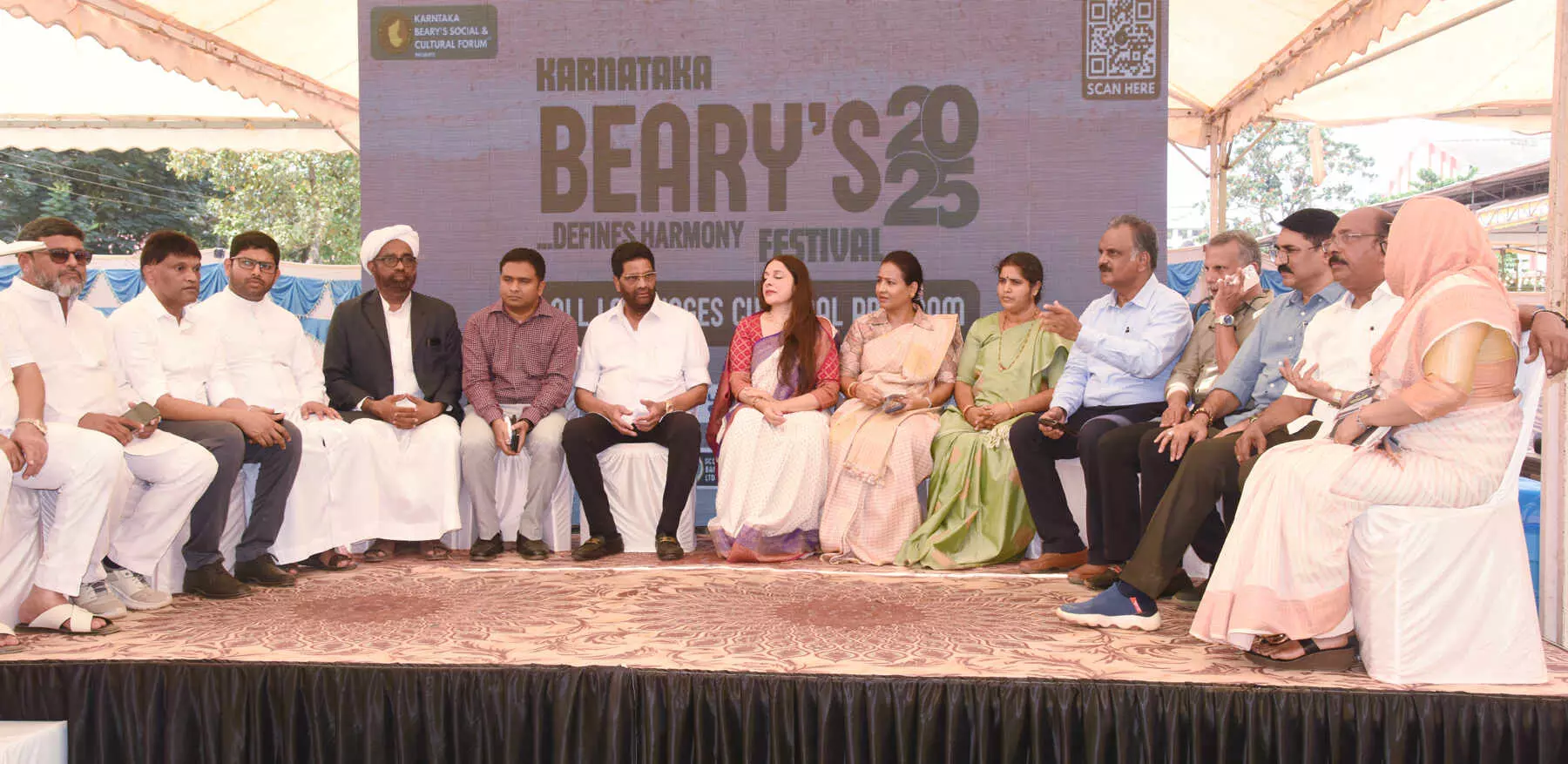
Kantha Nayak, who addressed the gathering, called upon unemployed people to make the best use of the job fair as it would also make the organizers’ efforts worthwhile and advised the candidates who fail to get job not to be disappointed. She explained that it was important for candidates to hone their skills, along with gaining education, as it helps in job-hunting.
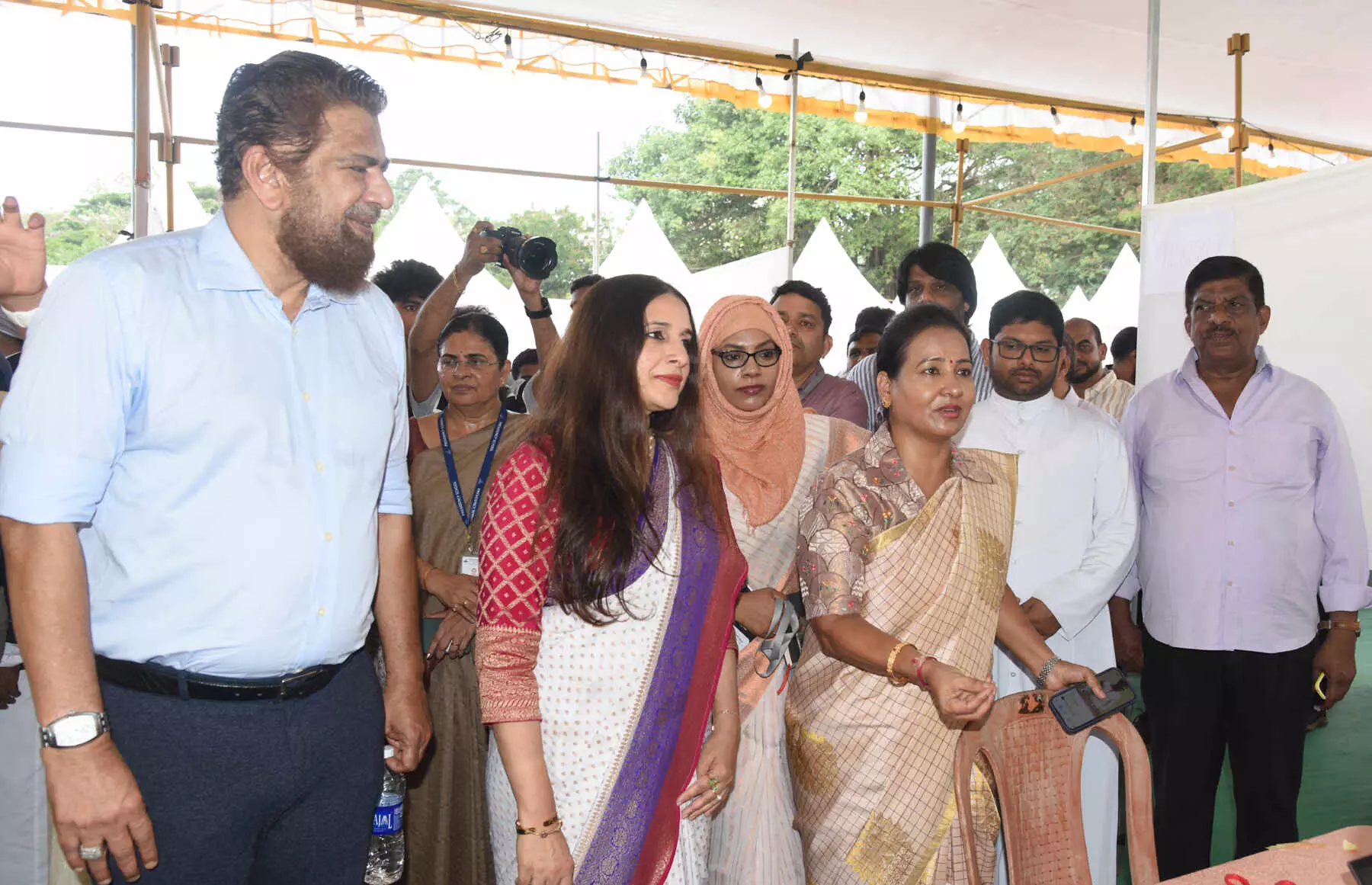
Dakshina Kannada Deputy Commissioner Mullai Muhilan lauded the efforts of the organizers for holding the festival aiming for communal harmony.

Pastor of Bejai Church Rev. Fr. Norman D’Souza spoke on the occasion and wished well for the festival.
Entrepreneur and TK Group member Umar TK was honoured with the ‘Motivational Award’.

Retired Superintendent of Police and Chairperson of the Organizing Committee GA Bava made the inaugural address. Moulana SB Mohamman Darimi offered dua for the programme. UT Farzana welcomed the gathering and Rafique Master was the Master of Ceremony.
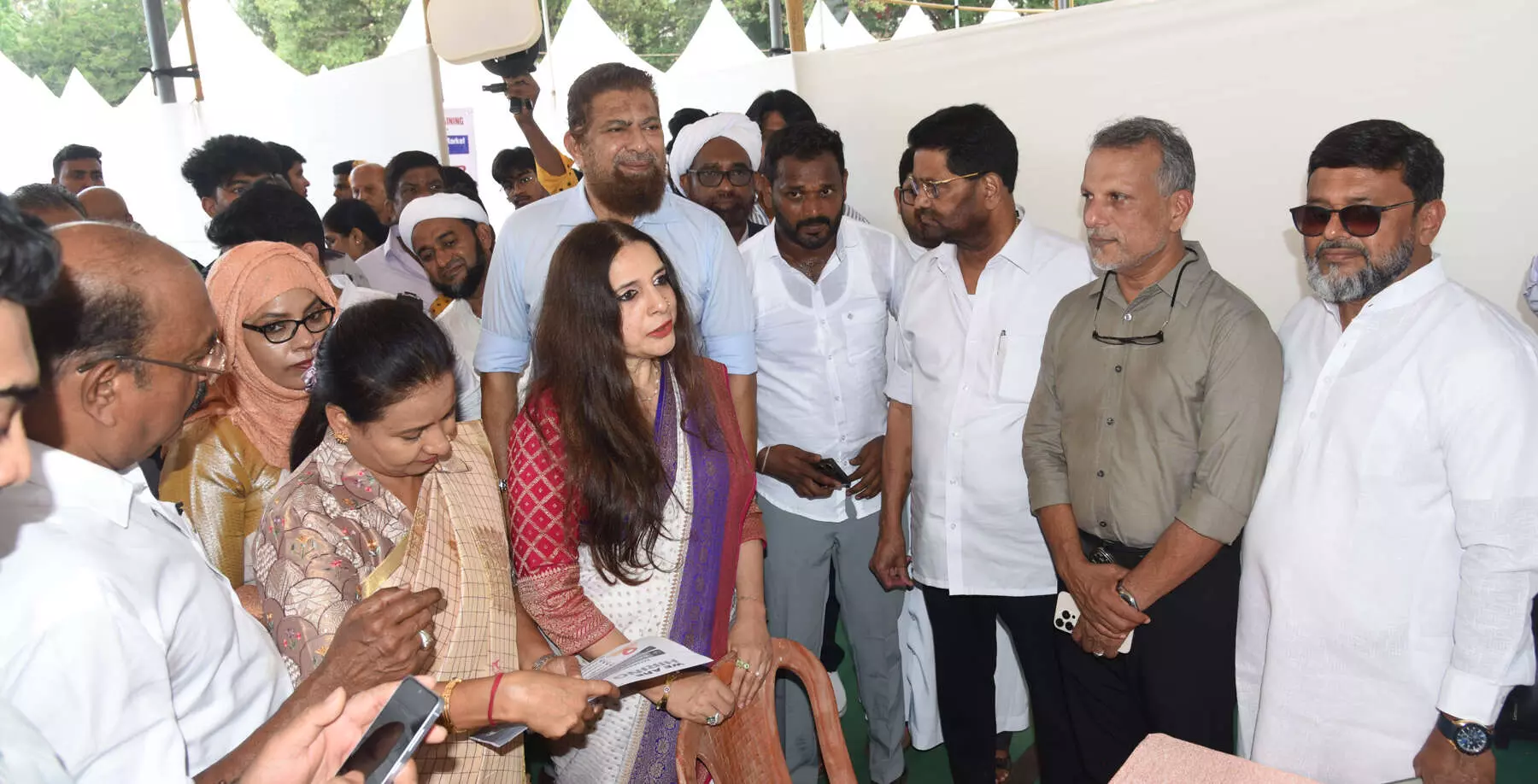
State Cashew Development Board President Mamatha Gatti, NRI Forum Vice-president Dr. Arati Krishna, Presidency Group of Institutions Bengaluru Vice-chairman Suhail Ahmed, Presidency Group of Institutions Director Kausar Nisar Ahmed, Entrepreneurs Mustafa Bharat, Zakaria Jokatte, Sharief Whitestone, UT Ifthikar and UT Zulfikar Ali, SCDCC Bank Chairman Dr MN Rajendra Kumar, Nasir Luckystar, Musabba Beary, Mustafa Sullia, KM Aboobakar Siddiq, Sheik Irfani, Congress leaders KK Shahul Hamid, Padmaraj R and Pradeep D’Souza and Iqbal Parliya were among those who attended the inaugural event.
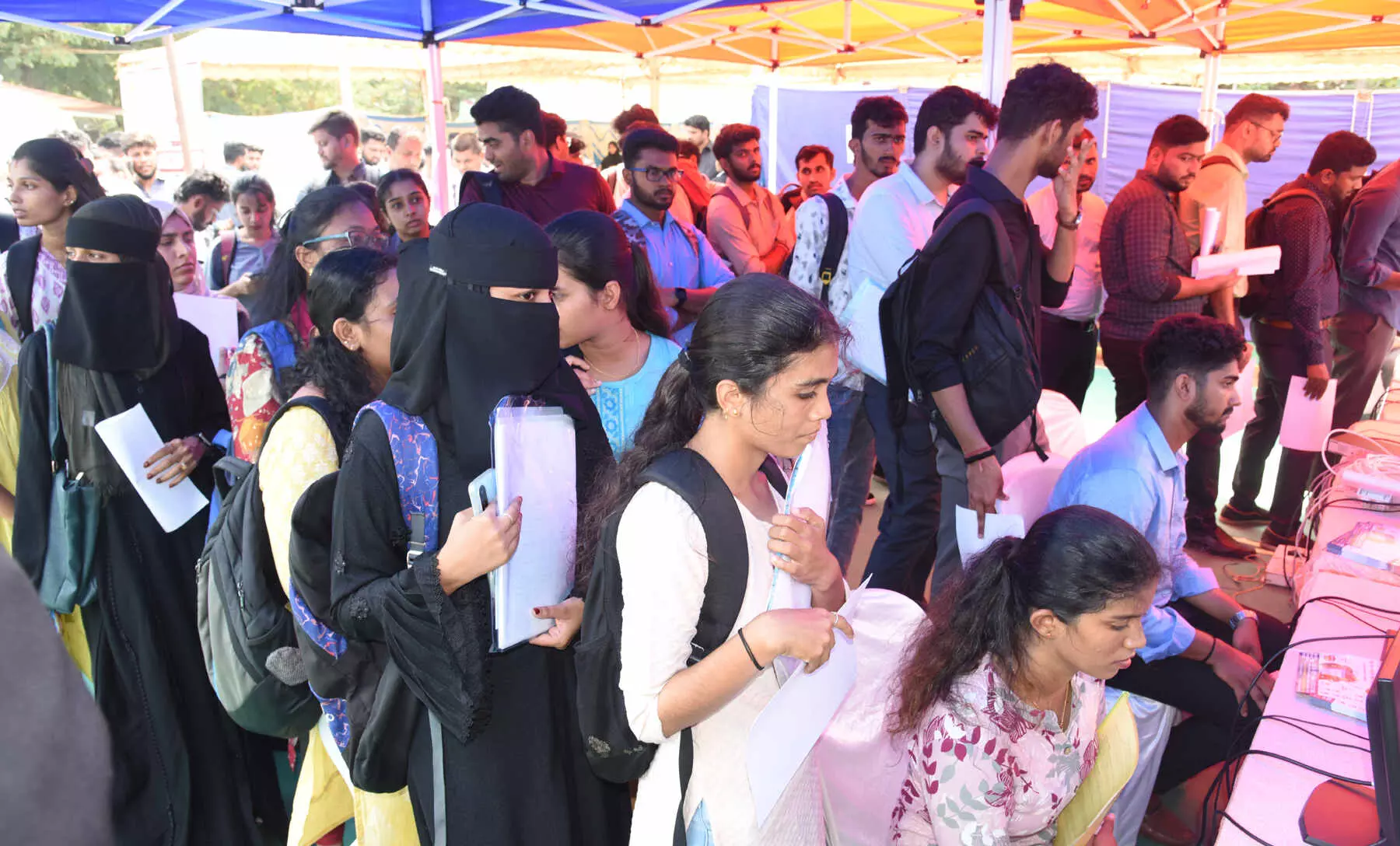
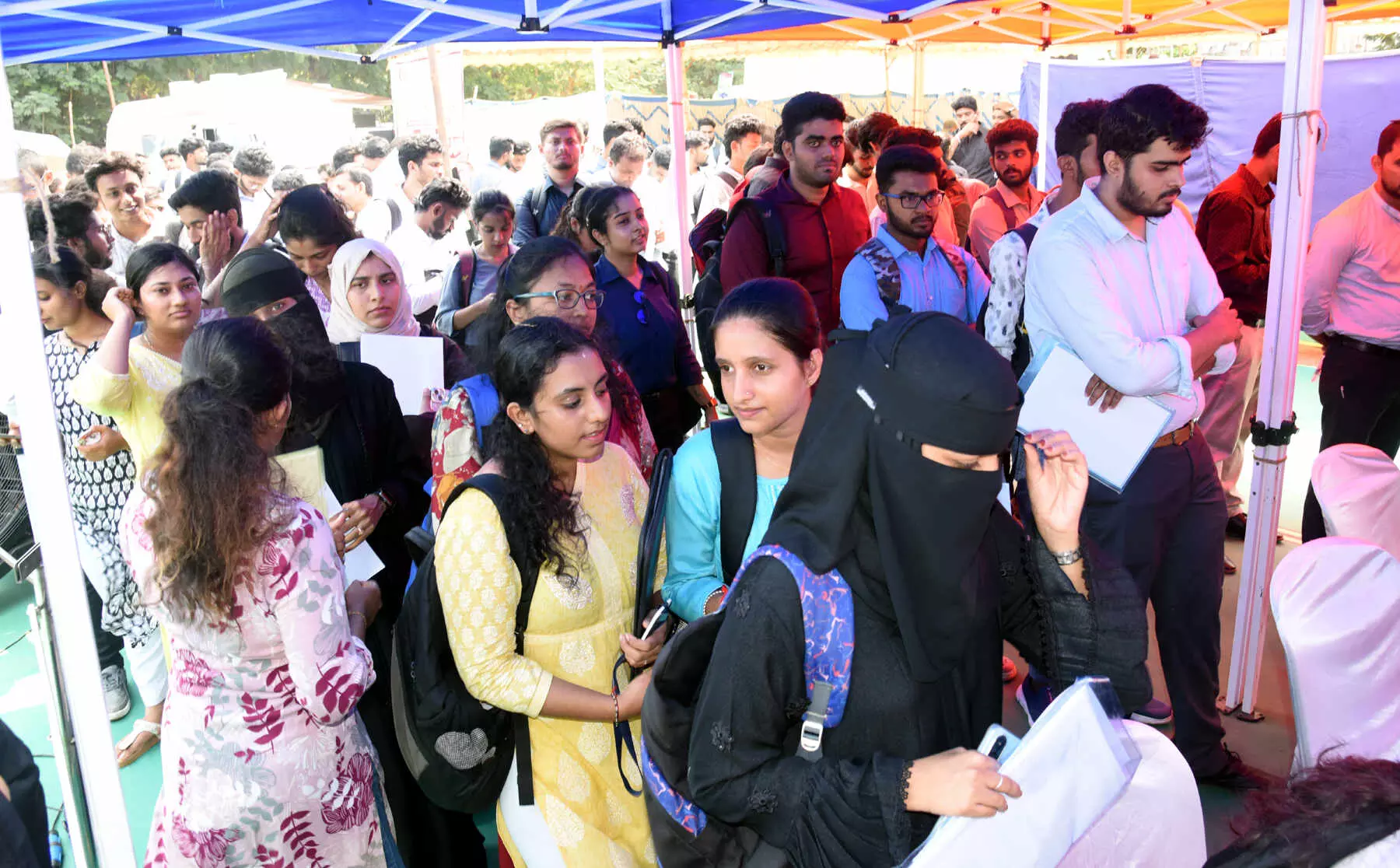
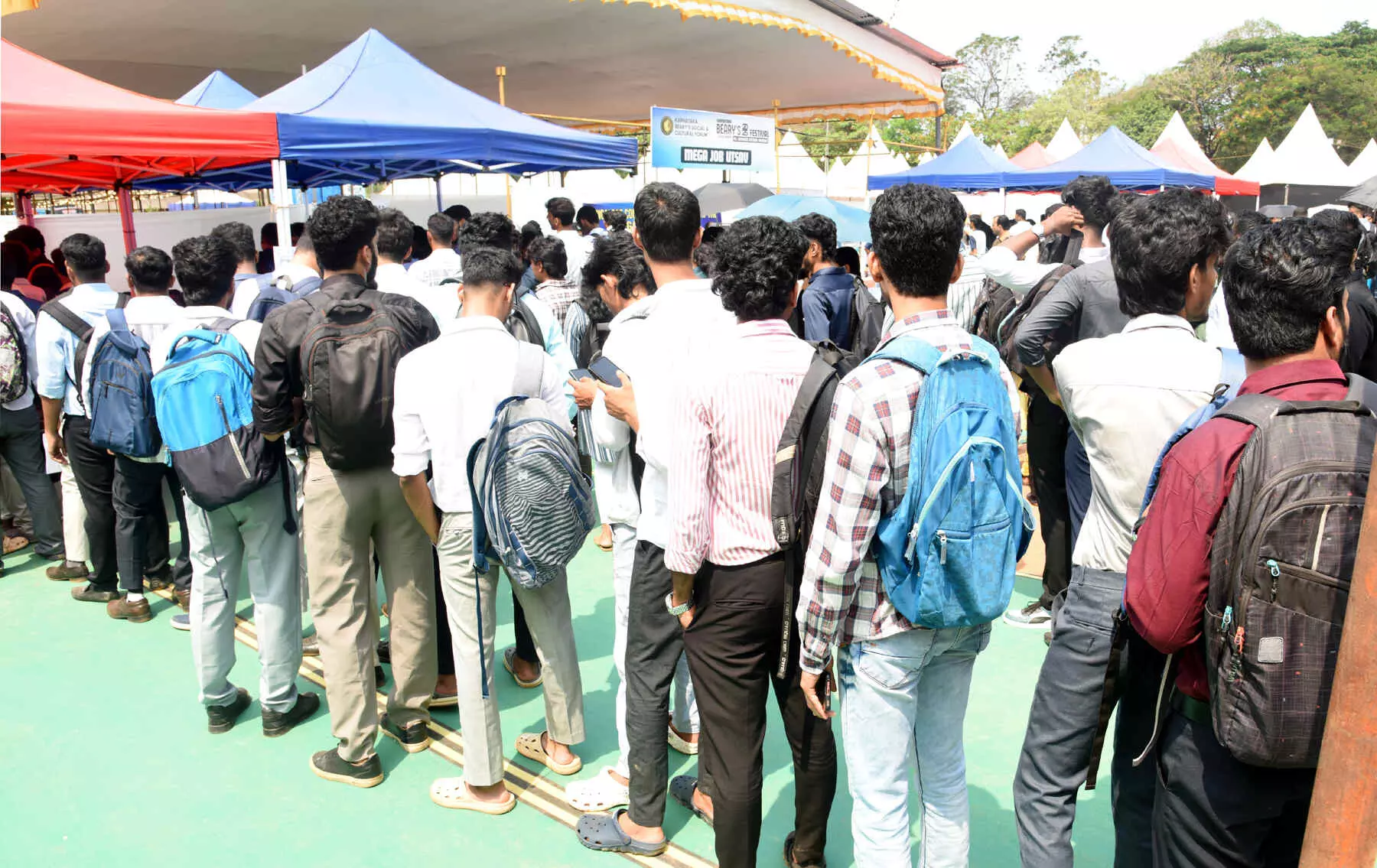
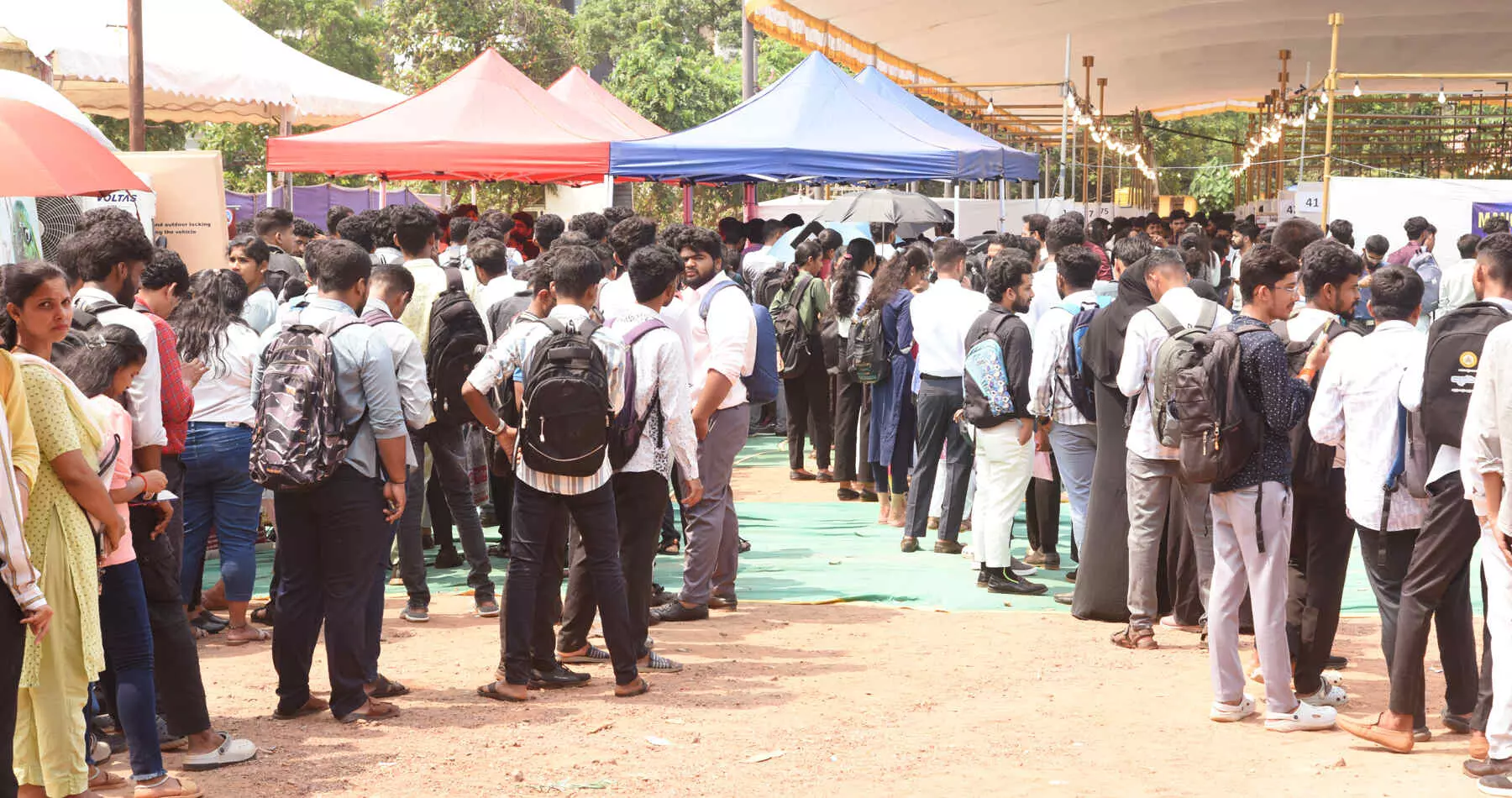

Let the Truth be known. If you read VB and like VB, please be a VB Supporter and Help us deliver the Truth to one and all.
New Delhi (PTI): Prime Minister Narendra Modi on Sunday said he was looking forward to his upcoming visit to Israel.
The prime minister said this on X in response to Israel's Prime Minister Benjamin Netanyahu's comment that Modi will visit Israel on Wednesday.
"Thank you, my friend, Prime Minister Netanyahu. I fully agree with you on the bond between India and Israel as well as the diverse nature of our bilateral relations. India deeply values the enduring friendship with Israel, built on trust, innovation and a shared commitment to peace and progress.
"Looking forward to our discussions during my upcoming Israel visit," he said.
In a post on X on Sunday morning, Netanyahu spoke about the historic visit of "my dear friend", Prime Minister Modi, to Israel on Wednesday.
He said the bond between Israel and India is a powerful alliance between two global leaders.
"We are partners in innovation, security, and a shared strategic vision. Together, we are building an axis of nations committed to stability and progress," he said.
Netanyahu said that from artificial intelligence to regional cooperation, the partnership between India and Israel continues to reach new heights.
"Looking forward to seeing you in Jerusalem, PM Modi!" he said.

